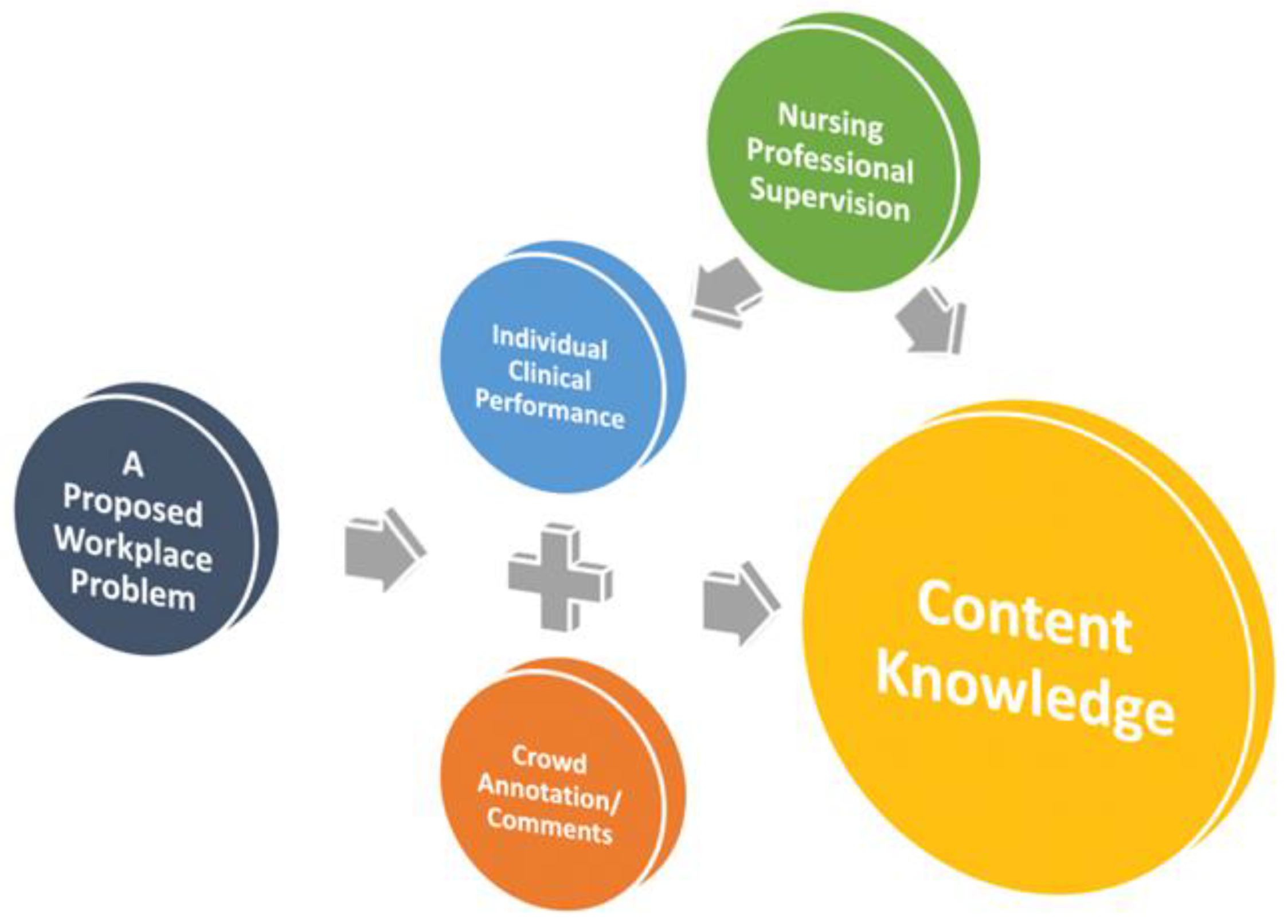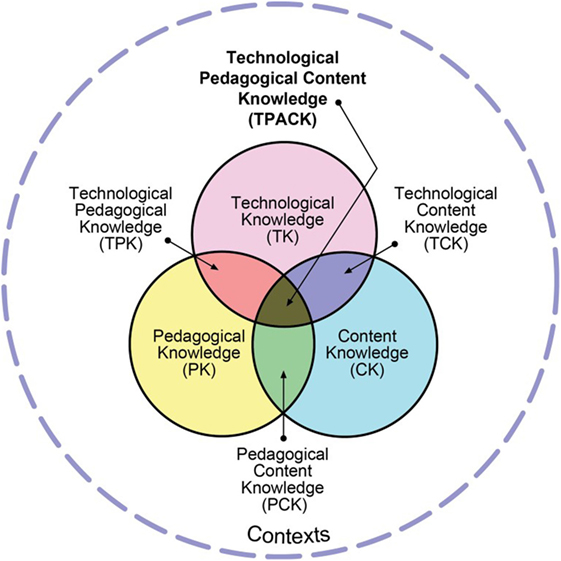Online learning has become increasingly prevalent, offering flexibility and accessibility to learners worldwide. However, the effectiveness of online education heavily relies on the role of feedback. Feedback serves as a vital component in guiding and enhancing the learning process, providing learners with valuable insights into their progress and areas for improvement.
Understanding Feedback in Online Learning
Feedback, in the context of online learning, refers to the information provided to learners about their performance and progress. It can take various forms, including written comments, grades, and audio or video recordings. Two primary types of feedback exist: formative and summative. Formative feedback occurs during the learning process, focusing on improvement and development, while summative feedback is typically given after the completion of an assessment, providing a summary of performance.

For individuals seeking nursing course help, there are numerous resources available to support your academic journey. From tutoring services to online study groups, you can find assistance tailored to your specific needs and learning style. Additionally, many online nursing programs offer dedicated support services for students, including academic advisors, career counselors, and technical support teams. Whether you're struggling with course material or simply looking for guidance on navigating the online learning environment, don't hesitate to reach out for help. Remember, seeking assistance is a sign of strength, not weakness, and taking proactive steps to address challenges will ultimately contribute to your success in the program.
Elements of Effective Feedback
Effective feedback in online learning should possess several key elements to maximize its impact. Firstly, feedback should be timely, and provided promptly to allow learners to reflect on their performance and make necessary adjustments. Additionally, feedback should be specific, addressing particular aspects of the learner's work or understanding. Constructive feedback is essential, highlighting strengths and areas for improvement in a supportive manner. Moreover, feedback should be actionable, providing clear guidance on how learners can enhance their performance.
Benefits of Feedback in Online Learning
The role of feedback in online learning extends beyond assessment; it plays a crucial role in fostering student engagement and facilitating improvement. By receiving timely and constructive feedback, learners are motivated to actively participate in the learning process and strive for mastery. Furthermore, feedback encourages a growth mindset, emphasizing the importance of effort and resilience in achieving success.
Challenges in Providing Feedback Online
While feedback is integral to online learning, several challenges exist in its effective delivery. The absence of face-to-face interaction poses a hurdle in providing personalized feedback and addressing individual learning needs. Technological barriers, such as limited access to reliable internet connection or incompatible devices, can also impede the feedback process. Additionally, ensuring the authenticity and integrity of online assessments requires innovative approaches to prevent cheating or plagiarism.
Strategies for Providing Effective Feedback Online
To overcome the challenges associated with online feedback, educators can implement various strategies to enhance its effectiveness. Leveraging technology tools, such as learning management systems or multimedia platforms, enables instructors to deliver personalized and interactive feedback to learners. Incorporating peer feedback allows students to engage in collaborative learning experiences and gain insights from their peers. Furthermore, providing personalized comments tailored to each learner's strengths and weaknesses fosters a supportive learning environment.

If you're considering having someone take online course for me, it's important to rethink your approach to education. While the idea of outsourcing coursework may seem appealing, it ultimately deprives you of the opportunity to learn and grow personally and professionally. Online courses offer a wealth of knowledge and skills that can benefit you in your career and beyond. Instead of looking for shortcuts, embrace the challenge of learning and take advantage of the resources and support available to you. By actively engaging with the material and participating in discussions, you'll not only gain a deeper understanding of the subject matter but also develop valuable critical thinking and problem-solving skills that will serve you well in the future.
Impact of Feedback on Student Success
The provision of timely and constructive feedback significantly contributes to student success in online learning environments. Research has shown that students who receive regular feedback demonstrate higher levels of motivation and engagement, leading to improved learning outcomes. Moreover, feedback plays a pivotal role in increasing retention rates and facilitating skill development, ultimately preparing learners for future academic and professional endeavors.
Conclusion
In conclusion, the role of feedback in online learning cannot be overstated. As technology continues to reshape the landscape of education, effective feedback remains essential in guiding learners toward success. By embracing innovative approaches and leveraging the power of feedback, educators can empower students to reach their full potential in the digital era of learning.
FAQs:
1. Why is feedback important in online learning?
Feedback provides learners with valuable insights into their progress and areas for improvement, enhancing the effectiveness of online education.
2. How can educators overcome challenges in providing feedback online?
Educators can leverage technology tools, incorporate peer feedback, and provide personalized comments to enhance the effectiveness of online feedback.
3. What are the benefits of timely feedback in online learning?
Timely feedback motivates learners, increases engagement, and facilitates improvement, leading to better learning outcomes.
4. How does feedback contribute to student success in online learning?
Feedback fosters a growth mindset, enhances retention rates, and facilitates skill development, ultimately preparing students for future endeavors.
5. What are the ethical considerations in providing feedback online?
Ethical considerations include ensuring fairness, transparency, and respecting student privacy in the feedback process.
